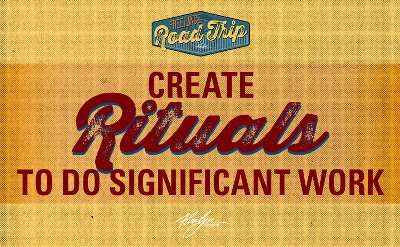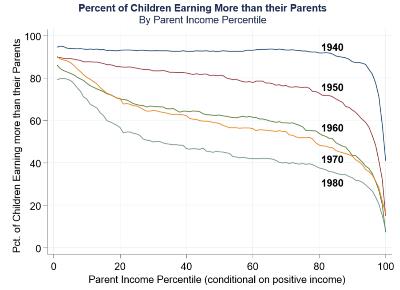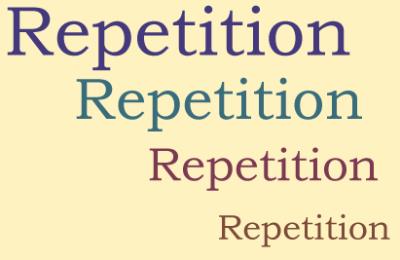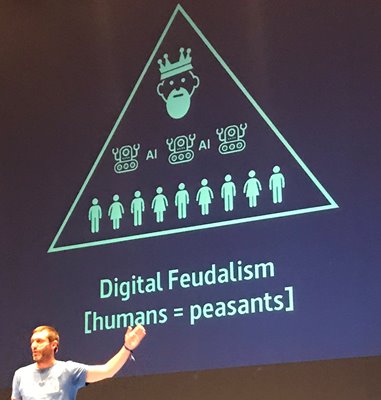Following on the previous post ‘How Digital Rights Management Broke Its Promise‘ where we started to mention feudalism, this Quartz piece is quite interesting: ‘We’re living in an era of digital feudalism. Here’s how to take your data and identity back‘.
“Instead of farm produce, today the new asset class is data—created by us, but captured by digital landlords such as social-media companies, search engines, online retailers, governments, and banks. “Surfing the internet” has become “serfing the internet,” with users giving up intimate details of their lives for the internet lordships to aggregate, expropriate, and monetize. We, as the serfs, only get left with a few lousy cabbages.“
The issue is then, data ownership and managing the way it gets shared with others. The post goes on to propose a solution around blockchain to avoid any institution as an intermediary (even government is not deemed safe in the post), so that we really own our data.
The post also calls for “the cultivation of a new core competence: the ability to work with huge anonymized datasets rented from large numbers of people, all handled in a distributed and trust-minimized manner“
I am not as pessimistic as the paper regarding our serfdom. In general I find that although it is true that we have given our data for free to internet giants, the benefits of the Fourth Revolution so far have been positive for many in terms of better access to services and knowledge. Therefore the bargain is not so dire. Contrary to middle-age serfs we can also choose to change our provider.
That some corporations benefit excessively from the situation is also true, but they do reap only a small percentage of the value they have created for all of us. The issue is rather how to regulate and share this new added value from data aggregation. There are many ways to achieve this, including old-fashioned taxes on a basis to be renovated.
All in all, the concept of digital feudalism appears to me a bit exaggerated. I truly believe that our freedom and options have increased with the Fourth Revolution.












